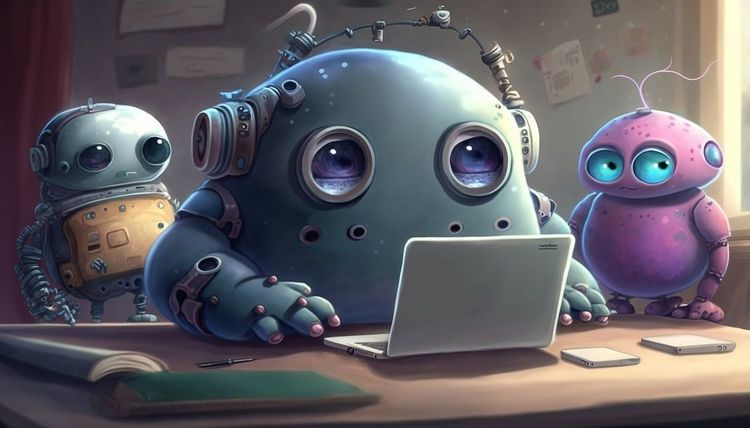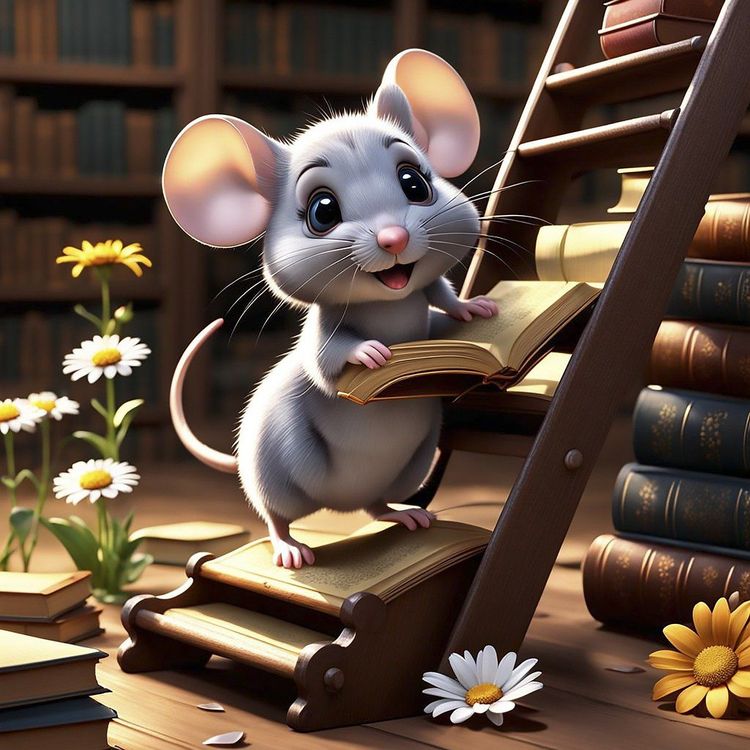With a surge of new social apps and established giants consuming user attention, it may seem daunting for innovation to thrive in this fast-paced consumer market. However, the creators of Yolk, a fresh iOS app, are seizing the opportunity to merge recent advancements in on-device AI with the desire of younger users for unique social experiences.
In this dynamic space, Yolk encourages users to communicate without typing. Instead, users can create and send personalized live stickers generated by AI tools. This approach fosters creativity, allowing young people to engage in social interactions that reflect their individuality through intuitive, low-friction tools. Yolk also implements strict communication limits to amplify the fun.
Designed exclusively for iPhone from the Apple App Store, Yolk taps into the "social weirdness" of identity construction. The app utilizes several AI models that operate on-device to enhance its sticker creation capabilities, employing Apple’s Vision APIs for object detection and segmentation. Additionally, it integrates an open-source “face parsing” model for facial landmark recognition, capturing features like eyes and ears.
Importantly, users of Yolk cannot send traditional text messages. Instead, everything viewed through their iPhone cameras—whether it be their face, hands, or today's meal—can be transformed into a segmented sticker for sharing with contacts. The app supports visual editing, enabling users to create elaborate messages by combining these stickers with available visuals such as still photos and emojis. Yet, even in direct messaging, there remains no option for text sharing; it’s all about visuals, stickers, and creativity.
The sharing experience on Yolk can involve imaginative combinations; for instance, a looping selfie expressing a reaction might overlay a shot of lunch, or a sticker featuring a cheeky gesture could interact with an image from a beloved TV show. Yolk prioritizes energetic fun over lengthy discourse—ideal for quick bursts of creative expression rather than serious conversations.
The app features a feed that allows users to share posts with their contacts, where they are encouraged to enhance standard photos with animated reaction stickers. Both front and back cameras can be used for reactions and sticker creation. Yolk also includes a direct messaging feature for one-on-one sharing—still devoid of text—focused on expression through selfies, hand gestures, and unique stickers.
Profile pages on Yolk serve as spaces for individual expression and identity display, providing users with the chance to curate collections of animated selfies and expressive moment captures. This personal space showcases custom stickers representing cherished objects, people, and ideas, giving others insight into the user’s personality.
The overall vibe of Yolk is reminiscent of a lively digital scrapbook where dynamic scraps pulse with life, evoking a playful, somewhat retro aesthetic. The app leans into a spirited, cartoonish quality that resonates with trends supported by projects from Zenly, like Amo and ID. In this context, Yolk can also be categorized under the emerging "messthetic."
For users exploring Yolk’s redefined communication style, the app offers an entry into the playful realm of spatial computing—without the need for expensive virtual reality gear. Just an iPhone and imagination empower users to blend and remix the physical and digital worlds in exciting, albeit whimsical, ways.
(Note: Users should be ready to invite friends during the onboarding process, echoing classic growth-hacking strategies that emphasize social connectivity—after all, interactive apps thrive on community participation.)
Since iOS 16, iPhone users have had the ability to create static stickers from their photos with a simple tap. However, Yolk transforms this concept into a more engaging experience by allowing users to see real-time visual content through their camera as they create stickers. The app’s real-time sticker creation tool captures expressive motions, bringing stickers to life in a nostalgic way. Interestingly, this dynamic came about when founders Piet Walraven and his team stumbled upon a serendipitous bug that turned into a unique feature, combining video with looping animations.
In an interview, Walraven explained how the founders—Meiwin Fu and Zihui Chen included—desired to break free from the constraints of corporate life after their startup, a communications tool called Pie, was acquired by Google in 2016. They aimed to inject a sense of playfulness that was often sidelined in the corporate tech world.
As they explored the potential of Apple’s sticker creation features, the team developed Yolk around self-expression combined with fun social interaction. Walraven noted the excitement surrounding the number of creative uses the app enables, allowing users to share quick glimpses into their lives through customizable reactions and memes.
This perspective aligns with the app's broader mission—combating the monotony of mainstream social media. Yolk promotes creativity, positioning itself within "Social 2.0" as a platform for enjoyable, intimate connections, rather than attention-seeking interactions. They aim to foster playful experiences, shifting away from the overly curated environments of platforms like Instagram.
Interestingly, Yolk originally allowed text messaging. However, to enhance the app's uniqueness and encourage spontaneous creativity, the founders decided to eliminate text altogether, creating an expansive environment where users communicate solely through visuals.
Walraven describes the app's limitations as a liberating constraint that sparks creativity, noting that our faces can express thousands of emotions. Paradoxically, these constraints lead to richer conversations, spurring users to explore visual communication.
In terms of audience, Yolk directly targets millennials and Gen Z users, steering clear of older demographics. The unpolished aesthetic signals a break from traditional social media norms, inviting young users to embrace the ordinary and spontaneous moments of life through animated stickers.
As they continue refining the app, the founders have successfully secured $1.25 million in pre-seed funding, allowing Yolk to launch officially on February 26. They aim to promote the app on platforms like TikTok, where they can engage users and gather feedback, all while focusing on getting the next generation excited to engage creatively with their friends.
In collective stride, Yolk’s creators are looking to redefine social interaction in the digital age. Their mission revolves around encouraging playful connections that foster friendship through self-expression, blending a light-hearted approach with innovative technology to delight a new wave of users.







